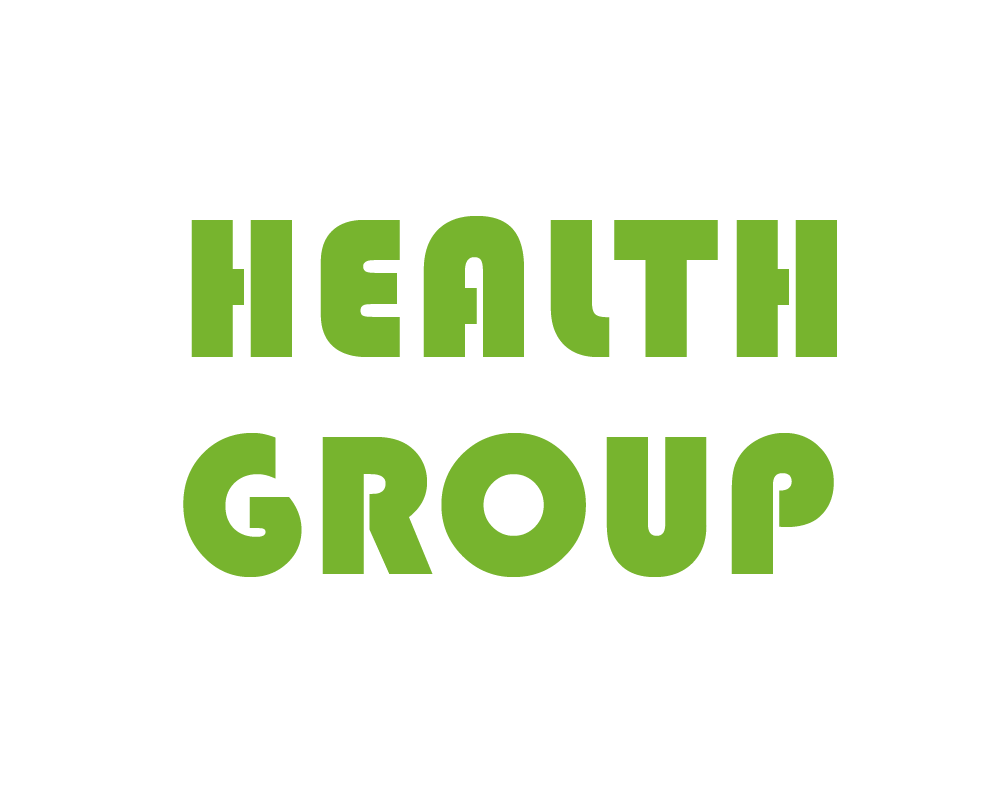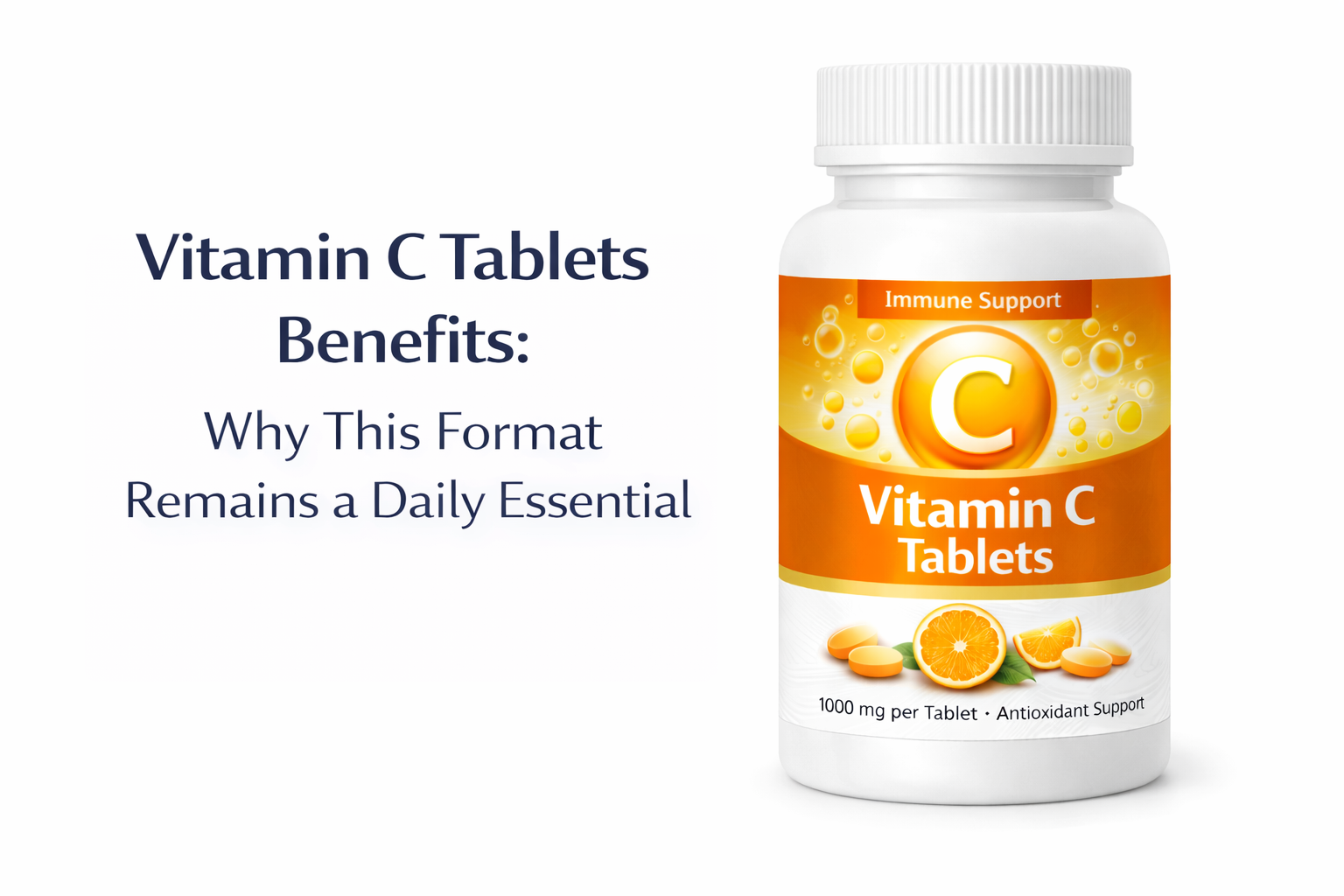
Consumers are more conscious of their health than ever, yet many still struggle to choose supplements that align with their values and dietary needs. This confusion can leave them stuck between ineffective products or formulas filled with synthetic ingredients. That’s where plant-based and vegan supplements come in. As demand for natural and ethical nutrition continues to rise, the supplement industry is seeing a clear shift. These options not only support wellness but also reflect changing consumer priorities: transparency, sustainability, and simplicity.
This blog will guide you through the surge in vegan and plant-based supplements, why they are taking over global markets, and what brands need to know to stay ahead.
Vegan and plant-based supplements are growing in popularity because they meet the rising consumer demand for natural, ethical, and allergy-friendly health products. Unlike traditional supplements made from animal byproducts, these plant-based alternatives use ingredients like algae, fruits, and herbs. They appeal to vegans, vegetarians, flexitarians, and health-conscious consumers seeking cleaner labels. This trend is also driven by global awareness around sustainability, animal welfare, and transparency in ingredient sourcing. Brands that offer vegan options are more likely to attract younger consumers and those in emerging wellness-focused markets.
If you’re considering adding vegan supplements to your product lineup or just want to understand why they’ve become so popular, this article will help. Let’s explore what’s driving the trend and how your brand can benefit.
1. Why are consumers shifting to plant-based supplements?
Consumers are turning to vegan and plant-based options for health, ethics, and environmental reasons. More people are seeking supplements that match their plant-forward lifestyles. This shift is not limited to strict vegans but includes flexitarians, those with allergies, and environmentally aware buyers.
Shoppers want products that are clean, transparent, and free from animal products.
There are three major drivers behind this trend:
1. Ethical Values
- Avoid animal testing and byproducts
- Aligns with vegan or vegetarian lifestyles
2. Health Awareness
- Perceived as cleaner and less processed
- Avoidance of allergens (e.g., gelatin, dairy, soy)
3. Sustainability
| Traditional Supplements | Vegan Alternatives |
| Often animal-sourced | Plant or algae-based |
| Higher carbon footprint | Lower environmental impact |
Brands that emphasize these values in their marketing tend to gain customer trust and loyalty.
* Consumers under age 35 are more likely to choose vegan or natural supplements.
* Google searches for “plant-based vitamins” have increased over 300% in the past 3 years.
2. What are the most common ingredients used?
Plant-based supplements use a wide variety of botanical and mineral sources. These ingredients are often organic, sustainably sourced, and free from synthetic additives. They include superfoods, herbs, and algae.
Top vegan supplement ingredients include turmeric, spirulina, elderberry, ashwagandha, and B12.
Common Ingredients and Their Benefits
| Ingredient | Function |
| Spirulina | Antioxidant, energy |
| Turmeric | Anti-inflammatory |
| Elderberry | Immune support |
| Ashwagandha | Stress relief |
| Vitamin B12 | Energy, vegan essential |
| Zinc from yeast | Immune support |
The sourcing and processing of these ingredients are vital. Brands must ensure they maintain the purity and potency of plant-derived nutrients.
* Turmeric-based supplements are projected to grow 8.5% annually through 2028.
* Spirulina is used in over 60% of new vegan multivitamins.
3. Are vegan supplements as effective as traditional ones?
Effectiveness is a top concern for buyers switching to vegan supplements. Many question whether these products deliver the same benefits as their animal-based counterparts. The answer lies in sourcing, formulation, and bioavailability.
Yes, well-formulated vegan supplements can match or exceed the effectiveness of traditional options.
Comparing Nutrient Delivery
| Nutrient Type | Traditional Source | Vegan Source | Bioavailability |
| Omega-3 | Fish oil | Algae oil | Comparable |
| B12 | Animal liver | Fermented yeast | Slightly lower |
| Iron | Heme iron | Non-heme (plants) | Slightly lower |
Manufacturers now use enhanced absorption techniques like chelation and liposomal delivery to improve plant-based nutrient uptake.
* Algae-sourced omega-3 has similar EPA/DHA levels to fish oil.
* Liposomal B12 absorption is over 90% in clinical studies.
4. How do plant-based options support market trends?
The health industry is leaning toward simplicity and transparency. Plant-based options align with trends such as clean labeling, sustainability, and personalized wellness.
Plant-based products support three key market trends: clean label, sustainability, and natural wellness.
Key Trends Supported by Vegan Products
- Clean Labeling: No artificial colors, preservatives
- Environmental Focus: Renewable sourcing
- Personalization: Botanical blends for niche needs
Marketing vegan supplements using these angles helps attract modern consumers looking for more than just nutrition.
* Over 60% of supplement buyers check for “plant-based” or “vegan” claims.
* Products with “clean label” grow 5 times faster than others.
5. What are the certification and labeling requirements?
Labeling matters. Consumers and regulators want proof. Having proper certifications builds trust and avoids compliance issues.
To sell vegan supplements, brands should include certifications like Vegan, Non-GMO, USDA Organic, and allergen-free.
Common Certifications
| Certification | What It Means |
| Vegan Certified | No animal ingredients or testing |
| USDA Organic | No synthetic pesticides or GMOs |
| Non-GMO Project | Free from genetically modified organisms |
Proper labeling includes:
- Full ingredient disclosure
- Allergen statements
- Suggested use and warnings
* Products with 3+ certifications perform better in export markets.
* Transparency in labeling increases consumer repeat purchases by 20%.
6. How to Get Started With Vegan Supplement Production?
Entering the vegan supplement market doesn’t have to be overwhelming.
Start by choosing the right manufacturing partner with experience in plant-based formulations.
Look for a manufacturer with certified vegan ingredients, GMP facilities, and the ability to help with private labeling. With in-house R&D, Health Biotech can support custom formulations tailored to your market needs.
As the wellness industry evolves, vegan and plant-based supplements are no longer niche—they’re essential. By understanding this shift and acting early, your brand can meet growing demand and build lasting trust with modern consumers.
7. How can private label brands benefit from this trend?
Private label brands have a huge opportunity in the vegan space. The trend isn’t slowing, and the barriers to entry are lower than ever.
Private label brands can capitalize on vegan trends with flexible formulas, strong demand, and fast growth markets.
How to Win in Vegan Private Label
- Choose trending ingredients: Like elderberry, ashwagandha
- Offer low MOQ options: To test market
- Highlight sustainability: Emphasize natural sourcing
Marketing ideas:
- Tell ingredient origin stories
- Offer sample packs
- Use influencer or health coach partnerships
* Private label vegan supplements now make up 28% of Amazon’s best sellers.
* Brands using “plant-based” in product titles rank higher in search.
Conclusion
Vegan and plant-based supplements are no longer niche. They’re now at the center of the wellness conversation. From clean ingredients to flexible private label options, brands that follow this trend will lead the future of the supplement industry.
At SDHealthBio, your business gains more than just products—you gain a partner in growth. Our factory offers full-service private label solutions, including trending vegan formulas with low MOQ options. Whether you want to launch turmeric gummies or premium spirulina capsules, we handle the formula, packaging, compliance, and export logistics. Let us help you grow a clean, effective, and modern supplement brand that meets your customers’ rising expectations. Connect with us today to start your custom vegan product line.


